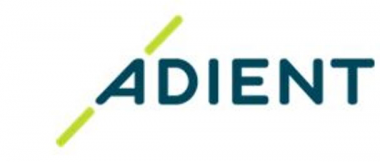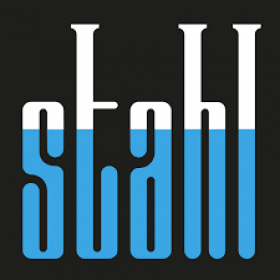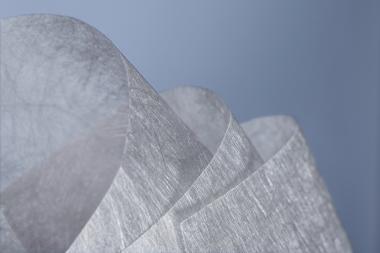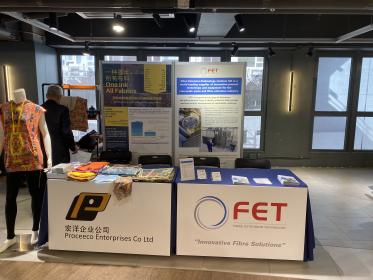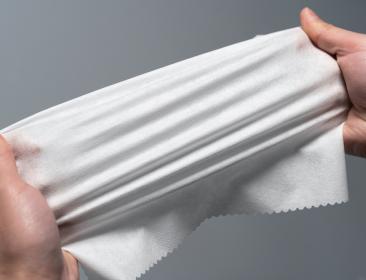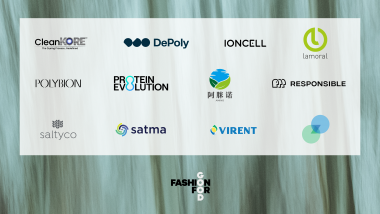Adient: ISCC PLUS certification for sustainable foam production
Adient, a leading supplier of automotive seating systems, has achieved full ISCC PLUS (International Sustainability & Carbon Certification) of its foam plants in Lučenec (Slovakia) and Mandling (Austria) for increasing the sustainability of foams produced for its automotive seating systems. The stringent global sustainability certification system of ISCC allows for proven enhanced traceability of circular polyurethane (PU) foams throughout the supply chain.
The environmental impact of the newly developed PU formulations and processes of molded foams is improved by the re-integration of waste materials from industrial & natural origins replacing crude oil into the PU raw materials. This reduces the use of fossil-based materials in favor of recycled materials, to foster the development of a circular economy. As a result, the plants can offer foams with up to 20% less CO2 impact while fulfilling the same quality requirements as their conventional equivalents. To date, Adient is the first European ISCC PLUS certified PU foam manufacturer in this field.
Based on a mass balance approach, the certification highlights the need to envi-ronmentally balance every single stage of automotive value creation, including the entire supply chain.
Adient


